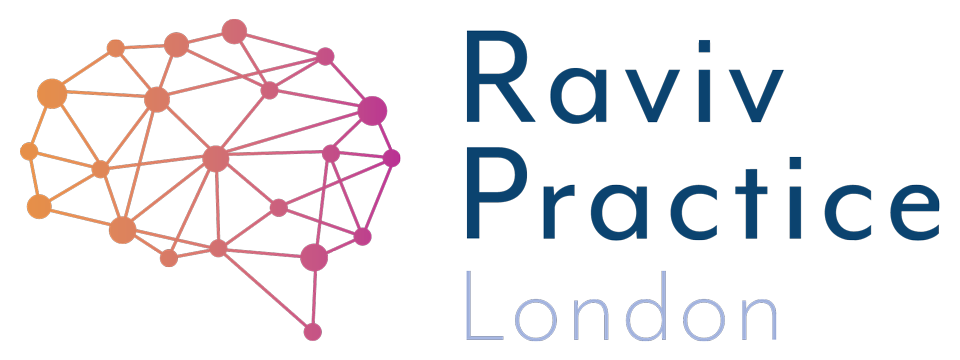When Dyslexia doesn’t feel like much of a “gift”
“Patience you must have, my Padawan.” - Yoda
A conversation with an adult with Dyslexia.
For a long time, dyslexia/neurodivergence was poorly understood in education, and only seen in terms of the challenges it created for both those in more old-fashioned schools and those trying to teach them with outdated methods. Fortunately, a great deal has changed in recent years, and dyslexia/neurodivergence is no longer seen as a problem, but rather as just another variation in the glorious spectrum of how the human mind works.
If you are not dyslexic or neurodivergent yourself, it can be difficult to understand what it means, so here is a fantastic video explanation: What is Dyslexia?
So much has changed in our understanding, in fact, that we now often refer to dyslexia as a gift! Many dyslexics benefit from more flexible and open thinking than their peers, and are more likely to come up with fresh and ground-breaking ideas.
“Dyslexia through the eyes of an adult is a different story with every person you talk to, much like any life experience”
However, if you are dyslexic, there are still going to be times when you will be tempted to curse it – especially if it means you are struggling to convey all the ideas that show your gift.
Dyslexia through the eyes of an adult is a different story with every person you talk to, much like any life experience. However, the struggle of not being able to proofread, or spell, is nothing compared to the fact that you may also find it difficult to explain your ideas in a coherent manner when talking.
There is no easy solution. It is a painful process of working out what works when you structure a sentence, so you don’t sound like ‘Yoda’. You’re always having to be mindful of the main point you wish to convey. Too often the shutters go down when you feel the listener has lost the direction of what you actually want to say, and you, yourself also lose the direction you want to take the listener in.
It’s very frustrating! It can be called many things: being easily distracted, having poor executive function skills or having poor working memory. The portion of the brain where these functions reside, the pre-frontal cortex, is lagging behind – way behind. If you can only process information slowly, you react slowly.
As a result, you find yourself missing the punch-line in jokes, laughing long after everyone else. However, that’s just the start: there is no understanding of how things flow when you talk. Often you can get described as someone with a screeching voice because the pattern of your speech is without natural or ‘normal’ rhythm or cadence - the emphasis and intonation are often in the wrong places. It takes a long time, and lots of effort, to learn how to make your voice sound more natural. So, you have to practice or model what works.
There are a host of other issues relating to the eyes, too, such as struggling to focus on the right sequence of numbers. For example, let’s say you want to be able to reel off a quote from page 263 of a book, but you think you’ve remembered it being on page 623, and go looking for the quote there, When you can’t find it, you start to wonder if it was page 236, and spend your time looking there too. You will find it in the end, but not until long after the moment has passed.
Having eyes that don’t fix or control their gaze is a very difficult situation to be in when talking and reading from a script. This takes a lot of courage as focus becomes blurry when panic sets in – the higher functions of the brain switch off when you are faced with that level of anxiety. Practising calming techniques can help and focus can return, but it really isn’t easy and takes a lot of patience and work.
“Give yourself time and space, and your light will shine through!”
So when you meet a person who is struggling to convey their point: be patient, give them time and respect, and understand this gift of theirs is not in speaking or being heard, but actually lies somewhere else.
The same goes for how you treat yourself if you have dyslexia. Give yourself time and space, and your light will shine through! Many dyslexic individuals are very hard-working. They can struggle with feeling they are having to run while everyone else is walking leisurely, but they put in the extra effort. They are usually the ones found sitting at their desks finishing off odds and ends and making sure the job is done right while their colleagues are already down the pub.
This diligence can lead to mastery if you are in a field, you are gifted in. Your talents will shine through, and it is all your hard work, perseverance, and sheer determination that will make this possible.
All that effort becomes recognised, and you can sit back and enjoy the benefit of having staff to help with the bits you hate. This is the reward: to have people around you who are brilliant with the details that always seem fuzzy to you while you play to your strengths. You can focus on the bigger picture. Like a conductor in an orchestra, your job is to make sure the whole thing is perfect and running like well-oiled machinery.
Interested in learning more about dyslexia? Get in touch, and I can point you in the direction of some useful resources.
Dyslexia? Dyspraxia? ADHD? ASD? Speech & Language? Developmental Delay? Anxiety?
Is every school day a struggle? As a parent, you may feel exhausted and on this journey alone. Each year you see the gap getting wider. You need to do something - change the approach, help your child learn for themselves, find a way to turn this around before it is too late and they won’t listen - do this NOW. the first step is free.
About the Author
Usha Patel is a Neurocognitive Therapist and Director at Raviv Practice London. Parents searching to help their suspected/neurodiverse child can get evidence-based solutions with results in as little as 8 weeks. Those in search of jargon-free help can get started straight away.



